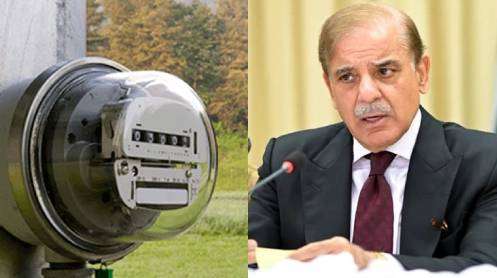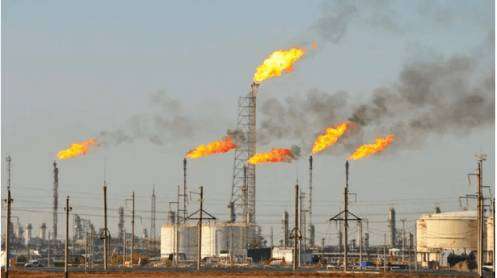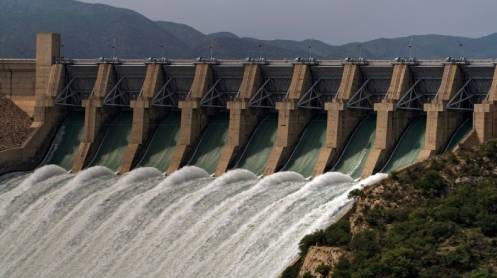Prime Minister Shehbaz Sharif has once again halted the government’s campaign against Pakistan’s net metering policy — marking the third time such a directive has been issued. This decision was taken even before a formal summary proposing changes to the purchase price was submitted to the Prime Minister’s Office.
A senior Power Division official disclosed that earlier directives were issued to coordinate a media narrative through the Ministry of Information and Broadcasting for eventual cabinet review. However, instructions from the PM’s Office have now called for a pause in the campaign.
The current net metering tariff is Rs. 10 per kilowatt-hour (kWh), while the Power Division had proposed raising it to Rs. 11.30 per unit, aligning with average solar generation tariffs of Independent Power Producers (IPPs).
There are approximately 325,000 active net metering connections nationwide, with a cumulative installed capacity of 6,500 megawatts (MW). Key urban contributors include:
- Lahore: 25%
- Rawalpindi: 11%
- Karachi: 8.5%
- Multan & Islamabad: 7.5%
- Faisalabad: 5%
- Peshawar, Bahawalpur, Sialkot, Gujranwala: 3.7%
The Power Division views the existing purchase rate of Rs. 27 per unit for some consumers as financially unsustainable and claims it places a burden on non-solar users. Nonetheless, net metering remains a critical tool in promoting clean energy and reducing household dependence on the national grid.







